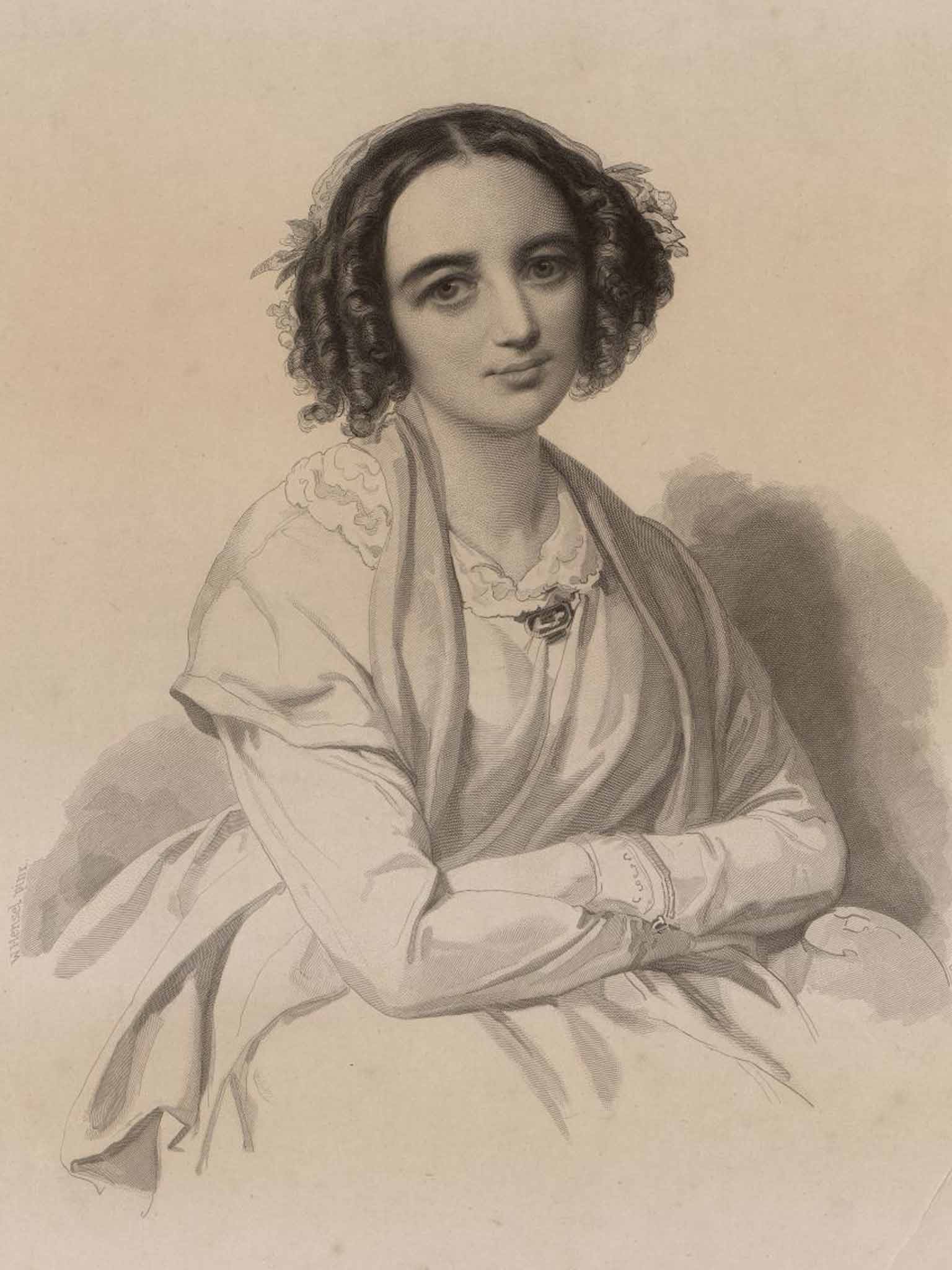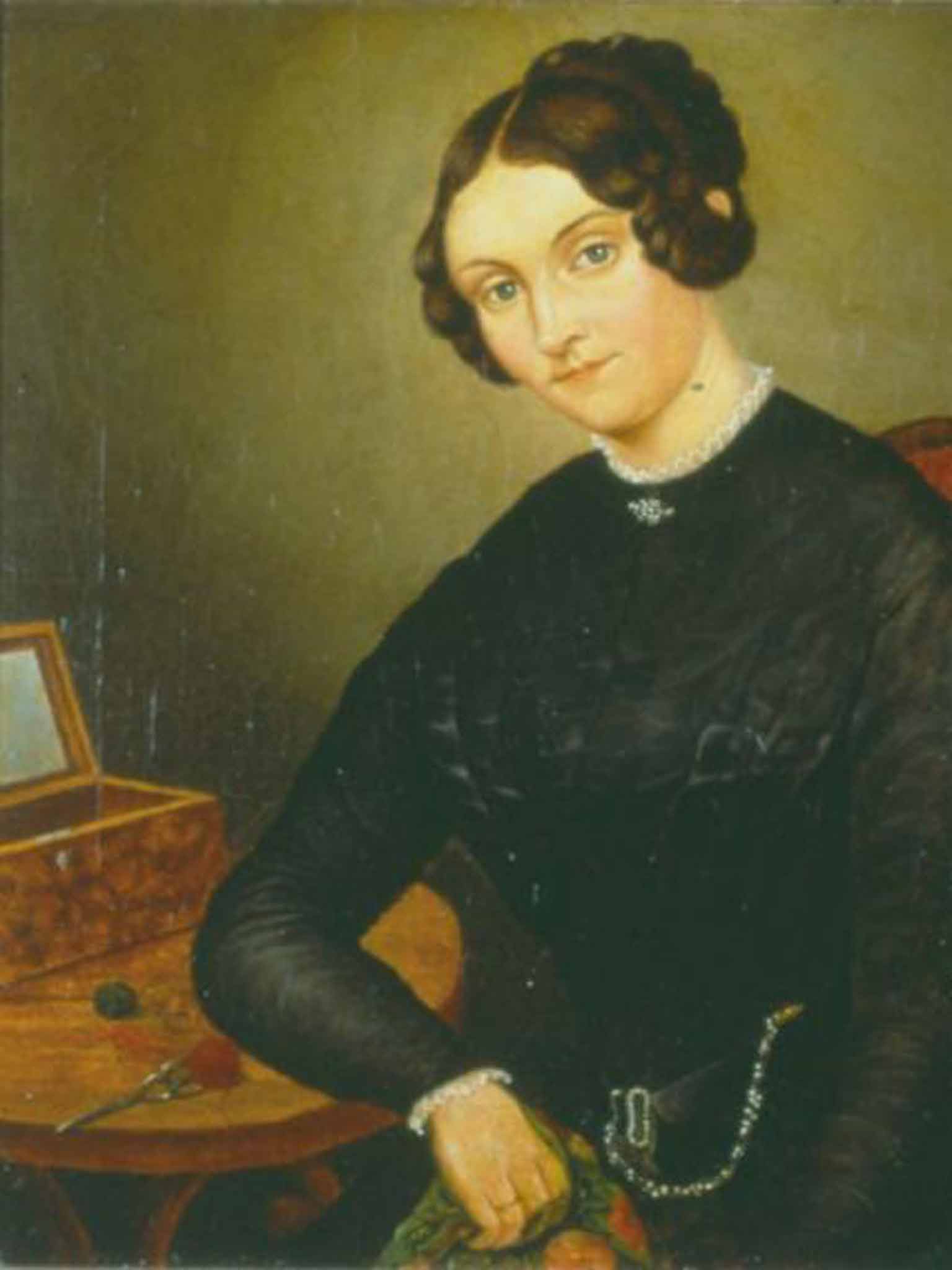Why do we hear the work of so few female classical composers?
Exam boards are under pressure to justify why no female composers are deemed worthy of study. Caroline Criado-Perez asks why there is room for Carl Perkins and Oasis in the canon, but not Clara Schumann, Fanny Hensel or Joni Mitchell

Your support helps us to tell the story
From reproductive rights to climate change to Big Tech, The Independent is on the ground when the story is developing. Whether it's investigating the financials of Elon Musk's pro-Trump PAC or producing our latest documentary, 'The A Word', which shines a light on the American women fighting for reproductive rights, we know how important it is to parse out the facts from the messaging.
At such a critical moment in US history, we need reporters on the ground. Your donation allows us to keep sending journalists to speak to both sides of the story.
The Independent is trusted by Americans across the entire political spectrum. And unlike many other quality news outlets, we choose not to lock Americans out of our reporting and analysis with paywalls. We believe quality journalism should be available to everyone, paid for by those who can afford it.
Your support makes all the difference."I once thought that I possessed creative talent, but I have given up this idea; a woman must not desire to compose – not one has been able to do it, and why should I expect to?"
The tragedy is, there were women who had gone before Clara Schumann, if only she had known it. Women like Barbara Strozzi, the 17th-century Italian composer who, according to cultural historian Anna Beer, had more works in print than any of her contemporaries. Or Marianne von Martines, the 18th-century composer who was feted by the Austrian court, and whose works were performed alongside those of Mozart and Haydn.
But although these women and others like them had been famous, even successful, in their own age, by the time Schumann needed role models, they had been long forgotten. Written out of history; left out of the canon. Schumann needed to forge her own path, seemingly from scratch, and in the face of a society that found her pretensions to create music preposterous. It's hardly surprising she gave up.
The music Schumann did produce and leave behind for us to enjoy today, is treasured by many. The thought of what could have been is painfully tantalising. But, while we may feel moved, even perhaps angered by this loss, it is a distant pain. The past is a foreign country; they do things differently there.
Except, perhaps it's not so different after all. Last week, a 17-year-old student called Jessy McCabe set up a petition on change.org asking Edexcel to address the fact that out of the 63 set works included for its music A-level, not a single one was by a woman. This may seem shocking, but Edexcel is hardly alone in its bias. Out of the 27 composers listed in OCR's current specification, there is a lone woman, who appears right at the end: Norah Jones. AQA's A-level includes only two set works, both by men; the remainder of the specification only includes suggested composers. These are all men too.

The problem extends into the practical exams set by the Associated Board of the Royal Schools of Music (ABRSM). Out of 32 pieces for Grade 8 piano, only one piece is by a woman – Clara Schumann, as it happens. Grade 8 violin also delivers one sop to the women out of 21 pieces. Just as I was starting to think ABRSM was doing that clever trick where one woman is always included to ward off radical feminist troublemakers such as myself, I found that there were no women at all in the options for Grade 8 flute, just 28 men.
Edexcel have so far given McCabe short shrift, telling her that not many female composers have been "prominent in the Western Classical tradition (or others for that matter)". As a result, "there would be very few female composers that could be included [in the A- Level specification]".
Edexcel's first point is not entirely unreasonable. Indeed, when I speak to Claire Layton, producer of a concert series in Liverpool featuring only female composers, she says that while it does "seem awful that there are 63 composers on the A-level syllabus and no women", if the point of the course is to teach students about the Western classical tradition, then it is true that women were never written into the canon. But, she cautions, this should not be left unremarked. Students should be taught about the women whose music we have been denied, because they in their turn were denied the opportunities they needed to succeed.
Women like Johanna Kinkel. Anna Beer, author of the forthcoming book, Sounds and Sweet Airs: The Forgotten Women of Classical Music, tells me about the 19th-century composer who was mentored by Felix Mendelssohn, and whose music was praised by Robert Schumann. Kinkel escaped an abusive marriage, only to marry a man with whom she was forced to flee and live in exile, as a result of his political career. Forced to support the family, she did not compose again, and eventually killed herself. Her husband, Beer says, "never realised his plan to publish his wife's compositions".
Students should also be taught about the women who did succeed in reaching prominence in their own time, only to be subsequently forgotten. Beer points out that while there were of course fewer women who managed to beat the odds, the International Encyclopedia of Women Composers nevertheless has more than 6,000 entries. These include such stand-outs as Kassia, whose millennia-old hymn to Mary Magdalene is still sung in Greek Orthodox churches, and Fanny Hensel, sister to the now more famous Felix Mendelssohn. Beer tells me that Mendelssohn published six of Hensel's works under his name. When he visited Queen Victoria and asked her to choose a song for him to play, she unknowlingly chose one of Hensel's works. He did have the grace then to admit that the work was his sister's.

These women have been lost due to a mixture of sexism and practical reality. Beer compares Strozzi to one of her male contemporaries, Francesco Cavalli, who was the head of music at St Mark's in Venice. He had the money and the position that enabled him to pay for all his works, including the many he did not publish in his lifetime, to be kept in a library. He could pay for an archivist to look after them – and he could, and did, pay for the masses he composed to be sung on the anniversary of his death.
By contrast, Strozzi, although a celebrity in her own time, had no way of perpetuating her reputation once she had died and in particular once the 18th and 19th centuries asserted beliefs about the exclusively masculine nature required to produce great music.
Learning about women like Kinkel, Hensel and Strozzi would be valuable lessons for students in the history of composition, and also of canon formation. It would teach them to think critically about the subjective, value-laden judgments which are passed off as the objective trickle-down of the musical marketplace.
But where Edexcel's defence of their all-male line-up truly, spectacularly falls down, is in its failure to account for the inclusion of artists as up to date as Carl Perkins, The Kinks and Oasis. The historic discrimination of female composers might account for some inequality when it comes to pre-20th century composers. But what is the reason behind their exclusion of Joni Mitchell? Where is Kate Bush? Where is Bjork? Do some of the most successful female songwriters of the past 50 years not merit study?
It is hard not to conclude that more lies behind Edexcel's all-male list of set works than simply the inheritance of a sexist past. Rather, their failure to include women from any epoch suggests the continuation of a perennial problem faced by women artists, whose work has been historically dismissed as little more than domestic, decorative trifles, in contrast to the meaty, hefty works produced by their male contemporaries.
If Edexcel does not wish to collaborate in this tradition, now would be the time to make a change.
Join our commenting forum
Join thought-provoking conversations, follow other Independent readers and see their replies
Comments